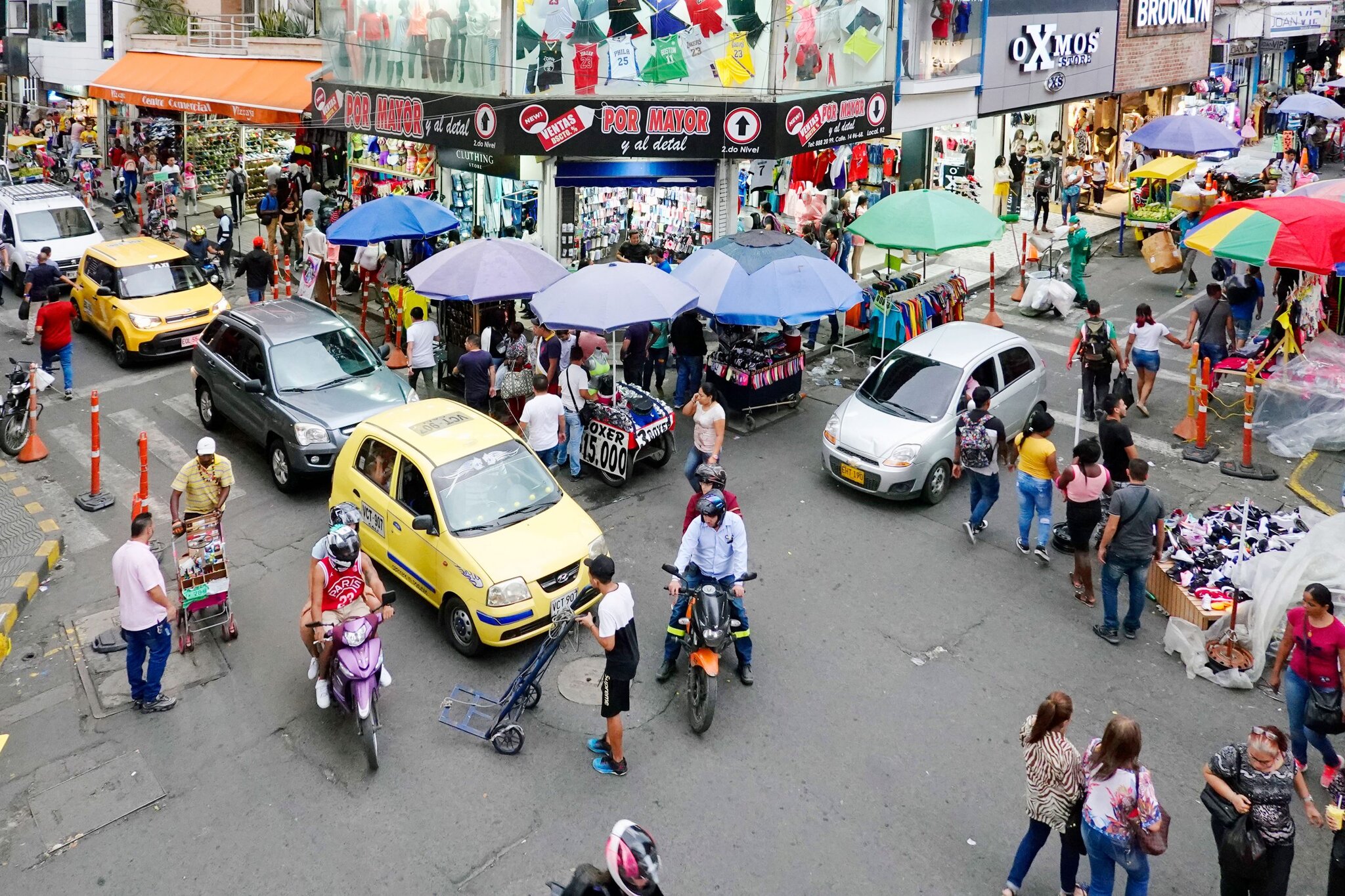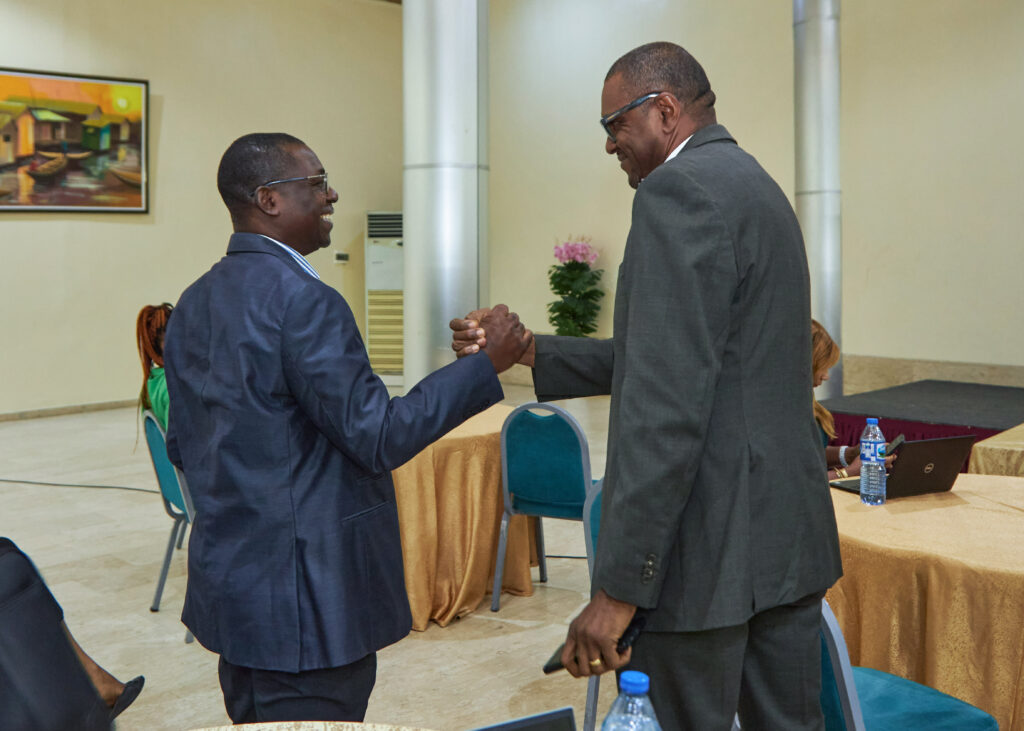
- C/Can to pilot policy assessment methodology in Tbilisi and Greater Petaling
Reflecting its mission to implement sustainable cancer solutions throughout its network of cities in low- and middle-income countries (LMICs), this year, City Cancer Challenge Foundation (C/Can) launched an initiative to strengthen the cancer care policy ecosystem in response to the needs identified by its network of cities.
As Gvantsa Khizanishvili, C/Can’s City Networks Manager, explains, cancer care policy refers to projects, programmes and legislation related to equitable access to quality cancer care and can be found at supranational, national, city and institutional level. Understanding the cancer care policy landscape provides vital information on policies and the extent of implementation, as well as the role of stakeholders and the key factors in the policy making process.
“Deepening our understanding of the cancer care policy landscape will enhance not only the relevance and coherence of cancer care solutions developed through the C/Can process, but will also enhance their impact and sustainability by ensuring that solutions are aligned with and supported by the necessary policy frameworks from the outset.”
A new approach to policy landscaping
C/Can’s first step has been to collaborate with experts to develop a framework and set of tools for cities to identify relevant cancer care policies at local, regional and supranational levels, along with the policy gaps and barriers that need to be prioritised.
Once identified and documented, policies will be scored based on their potential to be barriers or enablers for equitable access to quality cancer care. Reflecting C/Can’s health systems approach to cancer care, policies are categorised and scored under the pillars of leadership and governance, service delivery, the healthcare workforce, financing, and health information.
In addition, by layering policies against the cancer patient journey, C/Can’s stakeholders gain additional insights into how specific policies are impacting patients’ access to care at critical points from detection, diagnosis and treatment, to survivorship. Key stakeholders and their role in influencing the development and implementation of cancer care policies will also be mapped and assessed.
This systematic, standardised approach allows for the creation of a knowledge base that can evolve over time and facilitates comparison and benchmarking with other cities in the C/Can network.
“As the policy landscape is applied to other cities, C/Can will be well-positioned to share learnings and trends, providing a unique perspective on the role of policy during the cancer patient’s journey,” says Rebecca Morton Doherty, C/Can’s Director of Policy and Global Impact.
Between now and the end of the year, C/Can will be piloting this new approach to policy landscaping in Tbilisi, Georgia and Greater Petaling, Malaysia 1, and will review and update it based on feedback from C/Can’s local team and stakeholders.
Spotlight on cancer policy in Latin America
C/Can’s Toolkit for Policymakers in Latin America
In Porto Alegre and Asuncion, with support from C/Can, local stakeholders including civil society, government, healthcare professionals and academia, have driven major changes over the last three years, producing learnings and good practices that will inform policy efforts in other C/Can cities.
Speaking about the Pathology Quality Control Programme in Porto Alegre, Simone Marcia dos Santos Machado, Medical Pathologist, Hospital de Clínicas de Porto Alegre and team member of the C/Can City Pathology project explained:
“This manual is an important milestone for pathology laboratories in the city of Porto Alegre. In essence, it sets a new standard for quality to help laboratories deliver the best possible diagnostic information. In turn, this will inform cancer patients’ treatment plans and improve cancer care in Porto Alegre.”
At the end of September, policy decision-makers and other key stakeholders from across the C/Can network will be invited to participate in an informal learning webinar to hear more about the Pathology Quality Control Programme in Porto Alegre and the 2019 Cancer Law in Paraguay, that provides for the creation of the National Cancer Control Program (Pronac), as well as a National Cancer Multisectoral Advisory Council.
At the same time, C/Can’s Toolkit for Policymakers in Latin America is a guide for all those involved in developing public health policies in the region. It is currently only available in Spanish, but will be translated into English later this year.
“In addition to outlining the usual pathways for the development of public health policies in Latin America, the toolkit details the specific actions required to implement policies at a city level, and includes examples of best practice from across the region,” says Maria Fernanda Navarro, C/Can’s Regional Director for Latin America.
We take this opportunity to thank all of our existing C/Can partners for supporting this emerging area of work, and particularly Bristol-Myers Squibb and the Bristol-Myers Squibb Foundation.
1. Greater Petaling is made up of Petaling Jaya and Subang Jaya, in Selangor, Malaysia’s most developed state, and provides cancer care services to a population of just over 1.4 million.↩





